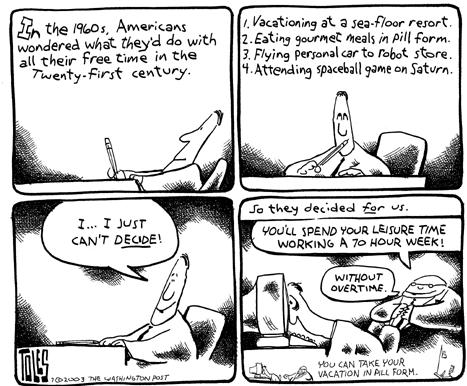Organizing Around Health and Safety
I've written a couple of times about UNITE's organizing campaign a Cintas (here and here), a Cincinnati-based laundry and uniform rental company, partly in response to health and safety problems.Earlier this week, nearly 100 union members rallied at a Branford, CT plant, calling on Cintas Corp. to remedy health and safety violations. U.S. Rep. Rosa DeLauro, (D-CT), spoke at the rally, pledging to continue supporti of Cintas workers nationwide.
She joined union leaders in demanding that the uniform company address violations cited by the U.S. Occupational Safety and Health Administration, which fined the company $10,000 two weeks ago....OSHA cited Cintas for several "serious" violations, including fire exits blocked by 55-gallon drums, illegal use of extension cords to operate heavy machinery, failure to provide showers to workers handling sulfuric acid, and failure to provide hepatitis B vaccinations to employees exposed to blood or other harmful materials.The union has accused the company of intimidation and unfair labor practices.
Three weeks ago, DeLauro and 90 other congressional leaders sent a letter to the chief executive officer of Cintas asking the company to remain neutral should workers decide to unionize. She said she has not received a response.
Many Cintas workers are immigrants from Spanish-speaking countries. Supporters held up balloons and signs in English and Spanish as a police officer controlled the flow of cars into the parking lot.
